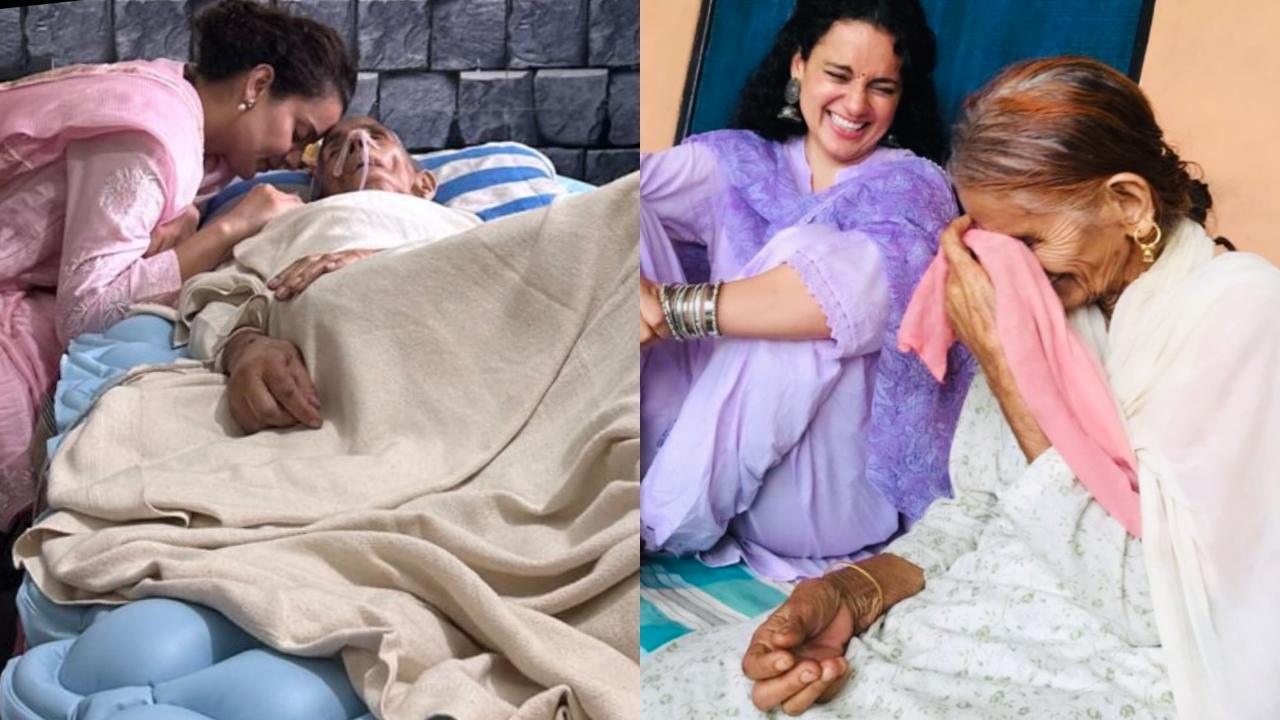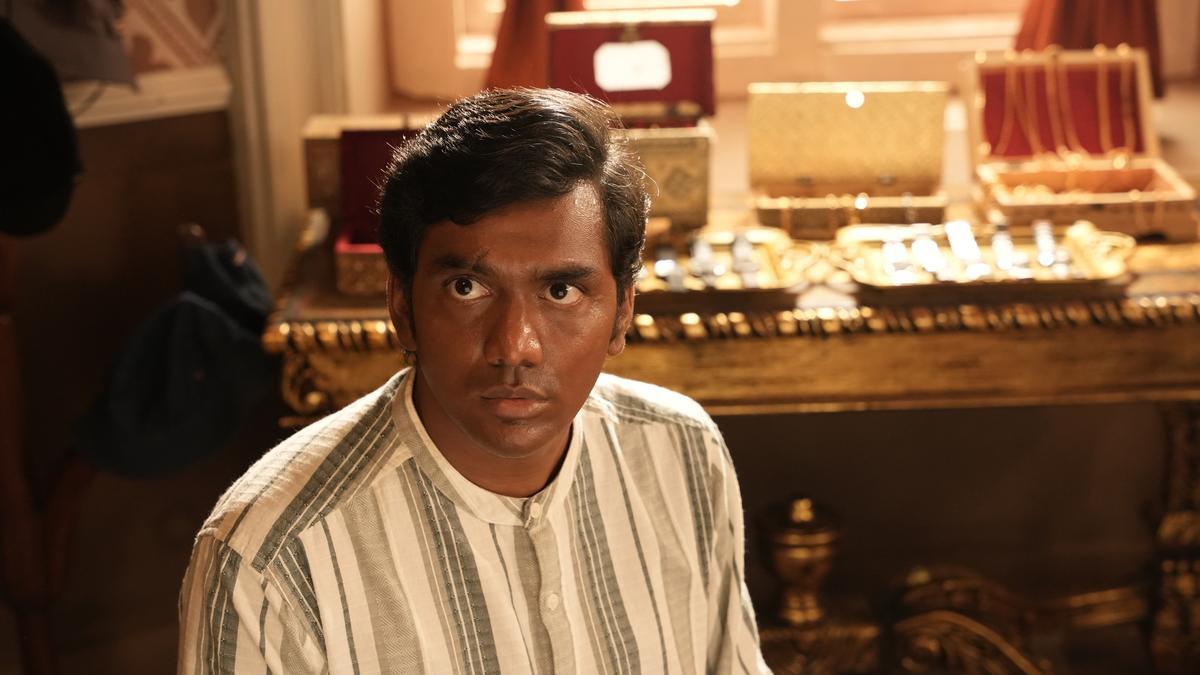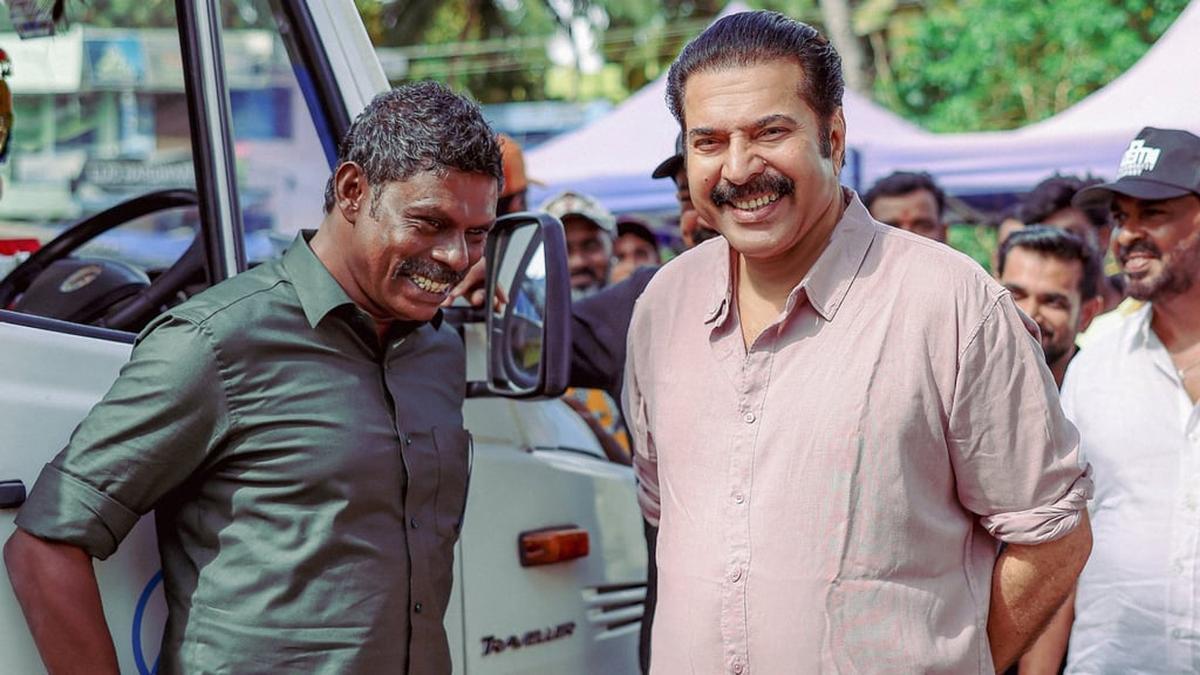
“Perhaps the most difficult question that we are forever left to grapple with,” begins veteran theatre artiste A. Mangai, thoughtfully pausing before continuing, “is how to end a war.” These profound words set the stage for a compelling conversation just prior to a preview of her upcoming production, Stree Parvam (The Women). The play, a collaboration with the MS Swaminathan Research Foundation, is a tribute to the late educationist Mina Swaminathan’s dual passions for education and theatre. Stree Parvam, derived from the sorrow-laden segment of the Mahabharata, resonates with the endlessly echoing lament of women through ages ravaged by war and loss.
The rehearsal for the 65-minute production unfolds like a visceral journey into the heart of conflict, transcending time to drape viewers with an almost tangible shroud of despair. It threads the stories from the ancient battlefields to contemporary sites of strife in Gaza and Eelam, interpreting war through the gendered lens of humanity’s collective memory wrought in women’s inconsolable tears.
Gandhari and Kunti emerge as the narrative’s guideposts, tiptoeing through the havoc wrought on the fields of battle, their hearts wrestling with the magnitude of their shared loss. The chorus, with its poignant commentary, does not allow Gandhari’s sorrow to excuse the blood spilt, underlining the intentionality of war and the indiscriminate carnage it entails. The searing bloodshed of the Mahabharata bleeds seamlessly into the nightmarish assaults in Gaza, weaving a tapestry of shared suffering and echoing the horror that invades even the sanctity of sleep with the stark reality of violence.
The play adeptly navigates war’s impact across the Mahabharata, Gaza, and Ukraine, while not shying away from the grim narratives of Sri Lanka. An elegy for shattered hopes and dreams, Stree Parvam crescendos with Kunti and Gandhari’s heartbreaking confessions, leading to a moment of cathartic illumination, as the chorus evokes the enduring human yearning for peace.
The narrative arc revisits again the ancient Indian epic before confidently marching on to Ukraine. Words from Yana Salakhova, a practitioner of Theatre of the Oppressed, pierce through, giving a depth to the experiences of motherhood set against the backdrop of conflict. Emotionally charged, her contribution illuminates the montage of poignant narratives from places like Sri Lanka, reflected in feminist Sarala Emmaneul’s images and Trotsky Marudhu’s art.
A constantly evolving symbol within Mangai’s work, an omnipresent white cloth serves as an emblem of life, the Earth, and the universe we cherish and vow to safeguard. The melodic transitions in the play—ranging from vibrant beats of Koothu to the tender strains of an Arabic lullaby, and culminating in stirring rap—act as a powerful auditory backdrop to the war-torn images strewn across the screen. These images represent both devastation and defiance, underscoring the grievous human cost often disregarded as statistical figures.
For a poignant sequence that bridges sleep with dreams, a three-minute film by Palestinian artist Tara Hakim, now living in Jordan, was introduced. Engagingly domestic, the film’s imagery of grandmotherly nurture and kite-flying innocence is accompanied by a song selected by Tara herself, cementing a dreamlike segue from the ancient Indian epic.
Artistically intricate, the production is not Mangai’s inaugural narrative concerning war. It was the recent aggression in Gaza that catalyzed her response through art, given her visceral connection to the trauma previously witnessed in Sri Lanka.
The play is further enriched by poetry—poignantly chosen words by poets like Nuhman, Puduvai Rathnadurai, and the Palestinian poet Refaat Alareer, whose own tragic death in an airstrike lends a haunting solemnity to his work. In these verses, Mangai finds the tenacity of stories to endure and the power of poetry as a vessel of hope amidst desolation.
The final act of the play ensues with a heart-stirring poem by Vallalar, its verses like embers of longing for a world rid of unkindness—a prayer for wisdom, justice, and togetherness to rise from the ashes of conflict.
Mangai’s Stree Parvam, infused with a small gesture of solidarity, is a testament to the potential of compassionate, feminist solidarity in confronting guilt and fostering forgiveness amidst the ruins of war. It is a tribute to the resilience of the human spirit and a clarion call for peace, reconciliation, and a better world.
The audience will have the opportunity to witness this remarkable production at the Asian College of Journalism on April 6 and 7.










